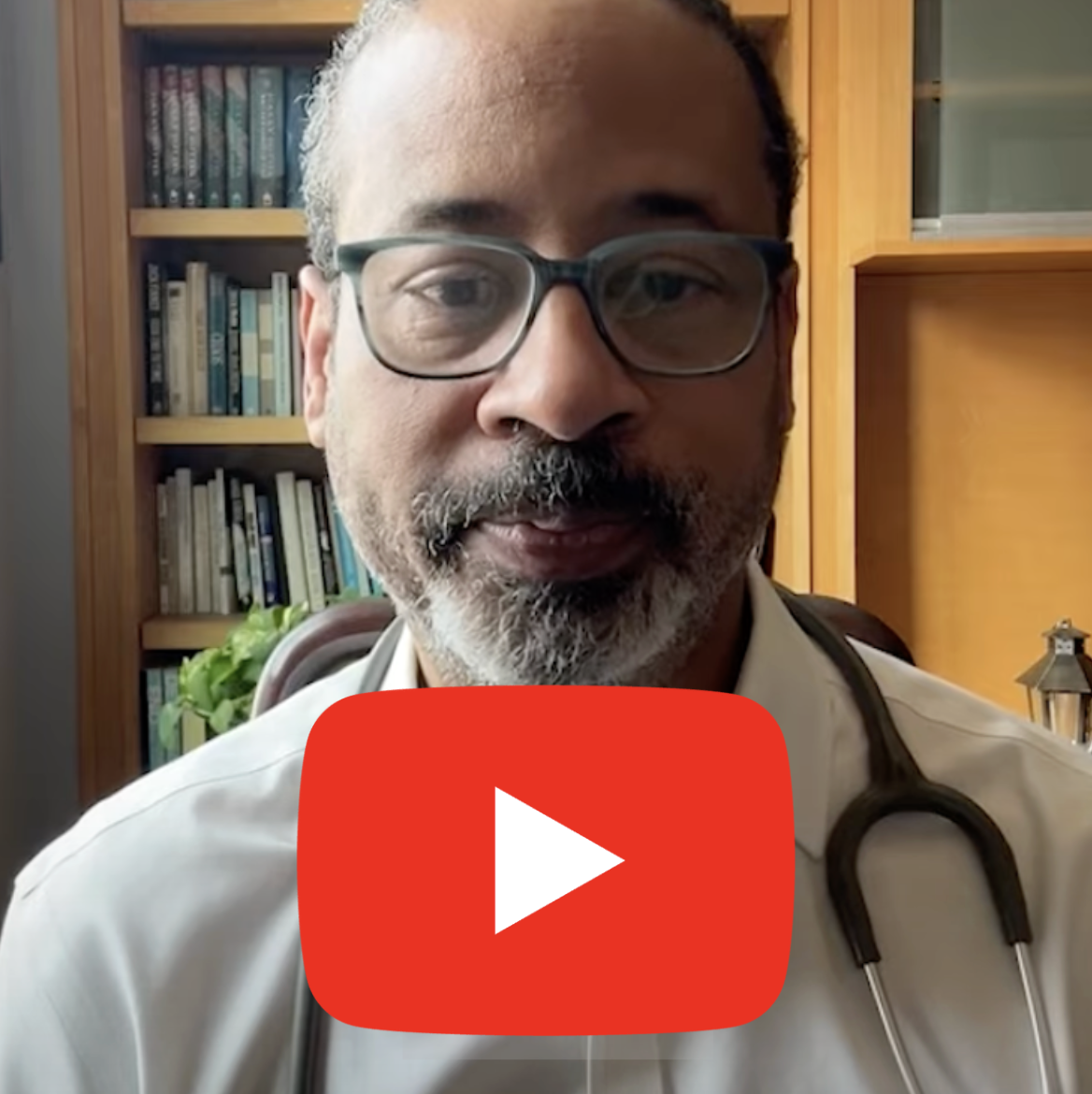
The Partnership for Male Youth is the only US national organization that is focused solely on the health and wellbeing of adolescent and young adult males, or males between the ages of 10 and 25. The Partnership strives for a world in which adolescent and young adult males are valued as assets and where their health and wellbeing are promoted.
Our Programs
Young Male Health
Knowledge
Exchange
The Young Male Health Knowledge Exchange is a comprehensive, continuously updated, open-access database focused on adolescent and young adult (AYA) male health and designed to meet the needs of clinicians and researchers, as well as parents and other caregivers.
PMY
on YouTube
The PMY YouTube channel contains dozens of mini Short-style interviews by some of the foremost experts involved with young male health and cultural issues. From STI prevention to taking a stand against sexism, we've got you covered.
AYA Male Health Expert Faculty Program
PMY's Male Youth Expert Faculty program aims to close crucial gaps in young male health by providing access to some of the foremost voices on the subject on issues pertaining to both physical and mental health.
Our Issues
Mental Health
Adolescent and young adult males experience higher rates of certain mental health disorders—particularly ADHD, suicide, and relational difficulties—due to gendered behavioral patterns, social stigma, and norms that discourage emotional expression and help-seeking, underscoring the urgent need for targeted, gender-sensitive mental health interventions.
Sexual and Reproductive Health
Adolescent and young adult males face higher rates of sexual health disorders, particularly STIs like HIV, gonorrhea, and syphilis, due to biological, behavioral, and social factors including limited healthcare engagement, inadequate consent education, and stigma surrounding male and LGBTQ+ sexual health.
Body Image
and Eating Disorders
Adolescent and young adult males increasingly experience under-recognized eating disorders driven by a desire for muscularity, in contrast to more often-diagnosed females whose disorders typically center on thinness, underscoring the need for gender-inclusive awareness and care.
Violence and Trauma
The homicide rate among young males ages 15-19 in 2017 was six times that of young females of the same age. Males were also more apt to have been threatened with a weapon on school property than females, and the prevalence of having been in a physical fight was over double that of females.
Substance use Disorders
Substance use disorders are more prevalent among adolescent and young adult males, who are more likely to engage in early, high-risk use and suffer overdose or hospitalization, highlighting the need for gender-specific prevention and treatment strategies that address differing motivations, risks, and barriers to care.
Sexuality
Adolescent and young adult males often struggle with societal pressures around masculinity and sexuality, which can hinder open expression and healthy relationship development. Inclusive sexual education and a focus on consent and gender equity can empower them to build respectful, confident, and empathetic connections.
Who we Serve
Parents
Parents can support their sons by creating a home environment where emotional expression is welcomed, sharing accurate information about sexual and reproductive health, and helping them connect with youth-friendly healthcare providers.
Clinicians
Healthcare providers, educators, coaches, and other trusted adults have an opportunity to engage adolescent and young adult males by recognizing and responding to their unique health needs, helping to bridge a long- standing gap in care.
Youth
Adolescent and young adult males have a unique opportunity to shape their future by paying attention to their health today.























